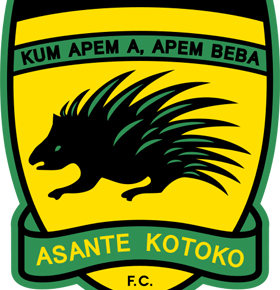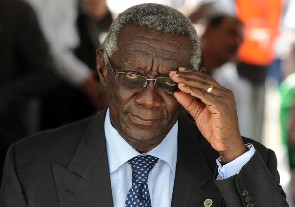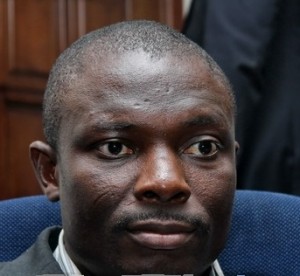 More than 30,000 candidates who were successful in the 2014 West Africa Senior School Certificate Examination (WASSCE) may not be able to access university education in the 2014/2015 academic year.
More than 30,000 candidates who were successful in the 2014 West Africa Senior School Certificate Examination (WASSCE) may not be able to access university education in the 2014/2015 academic year.
This is because two major public universities – the Kwame Nkrumah University of Science and Technology (KNUST) and the University of Cape Coast (UCC) – had closed admissions for the 2014/2015 academic year long before the results were released.
The KNUST and UCC closed the submission of applications by qualified candidates for admission on April 11 and April 30, 2014 respectively.
Confirming the position of the two public universities, the Deputy Minister of Education in charge of Tertiary Education, Mr Samuel Okudzeto-Ablakwa, said they explained that per their programmes, it was too late for them to entertain new applications at the time the results were released.
The University of Ghana, Legon, the University for Development Studies (UDS), the University of Mines and Technology (UMaT) and the University of Education, Winneba, are, however, offering admissions to qualified applicants.
Earlier this year, the four universities announced that the 2014 WASSCE candidates, who were awaiting their results, would be permitted to apply for admission.
The Ministry of Education had earlier this year given an assurance that the candidates would not be denied admission to the public universities of their choice, explaining that all public universities were supposed to reserve quotas for those who were to write the WASSCE this year.
“Moving forward, we want to have an arrangement between the West African Examinations Council (WAEC) and the universities so that this does not recur because government’s policy is that immediately you finish, you should be able to transit to the next level once you have met the entry requirements,“ Mr Okudzeto-Ablakwa said.
He commended the universities that had been able to offer admissions to the 2014 candidates, adding that “we think that between the universities and the WAEC, they should be able to find a common ground for this new transition to take place.”





